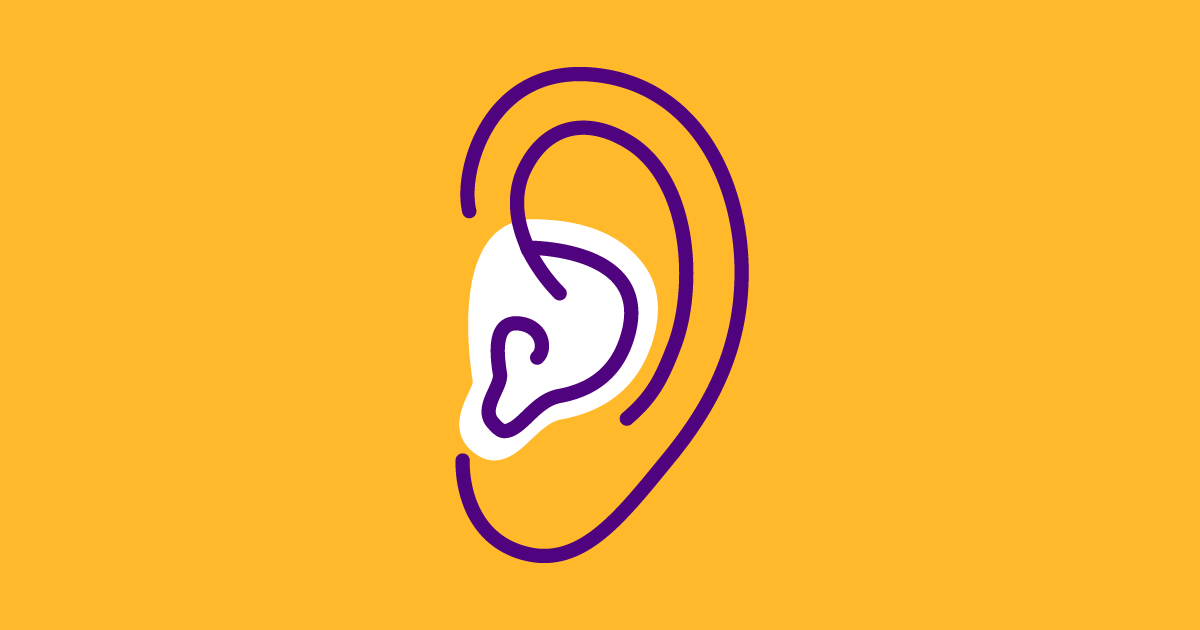You may have heard the phrase ‘you are what you eat,’ but did you know this applies to your brain too? Eating to support your mental health is a great way to stay healthy and happy.
Eating to support a healthy brain
A healthy diet makes for a healthy brain. Studies show that eating certain types of foods correlates to better mental health and lower rates of depression and anxiety. But how exactly does something you ingest affect your thoughts and feelings?
The two are more related than you might think. According to Healthline, our food choice affects our brain so strongly because of how connected our gut and brain are. The gut is even known as “the second brain.”
Our gastrointestinal system is filled with trillions of bacteria and microbes that affect every single part of our daily function. They do so by sending chemical messages directly from the gut to the brain.
Nutritional psychiatry is an emerging field which uses food and supplements as treatment for mental health disorders. Research is providing increased evidence that there is an undeniable connection between your diet and your mental health.
Best foods to eat to support your mental health
There are many ways you can approach changing your diet to fit your mental health needs – so many that it may seem overwhelming. Before throwing out the food in your pantry and redesigning your entire diet, it’s best to start small and incorporate tiny, healthy changes.
A good first step is to start introducing more nutrient-rich “brain foods” into your diet.

Mainly, be on the hunt for foods containing high levels of omega-3 fatty acids, folates, iron, magnesium, zinc and vitamins A, B and C.
These can include:
Nuts and seeds
- Walnuts, almonds, cashews, chia seeds, flax seeds, pumpkin seeds
Legumes
- White beans, lentils, tofu, black-eyed peas, chickpeas
Grains
- Fortified/enriched cereal, rice
Dairy
- Cow’s milk, soy milk, ricotta cheese, dark chocolate
Fish rich in omega-3 fatty acid
- Salmon, herring, sardines, oysters, Alaskan king crab, clams, tuna
Protein
- Beef liver, chicken breast, pork chops, beef roast
Fruits
- Strawberries, oranges, grapefruit, bananas, cantaloupe
Vegetables
- Spinach, asparagus, Brussels sprouts, sweet potatoes, carrots, broccoli, red and green peppers, potatoes
If you’re like most people and can’t find yourself sticking to a regular dietary routine, sneaking these foods into your regular diet can support your mental health.
Try adding shredded veggies to your pasta, throwing a handful of nuts in your salad or adding legumes to your soup. The goal is not to eat only these nutrient-dense foods, but to incorporate more wherever you can to start arming your brain with the nutrients that support strong mental health.
Worst foods to eat for your mental health
Sometimes changing your diet is not about adding new foods, but staying away from certain foods. Added sugar, refined carbohydrates and trans and saturated fats are the top food groups linked to a negative impact on your brain and mental health.
If you want to eat to support your mind, Healthline recommends limiting or cutting these foods out of your diet:
Products with high levels of refined sugars
- Oftentimes, this comes in the form of sugary drinks such as sodas or juices. But that doesn’t mean turn to diet drinks! Aspartame, which is often in diet drinks, is also linked to negative impact on mood.
Highly-processed grains or refined carbohydrates
- Often referred to as “bad carbs,” these foods include white rice, white potatoes, regular pasta, white bread, instant oatmeal, sugary breakfast cereal and corn or potato chips.
- Refined carbohydrates can trigger a hormonal response and an increase in blood sugar which has been known to correlate to feelings of depression and fatigue.
Trans and saturated fats
- While trans fat that comes from animal products is generally safe to consume in moderation, it is suggested to avoid artificial trans fats, such as those found in fried foods, margarine, baked goods, frozen pizza, crackers and other forms of hydrogenated vegetable oils. Trans fat has been shown to reduce serotonin production in the brain, which can result in depression and memory loss.
- Saturated fats are in baked goods, sausage, bacon, cured meats, cheese, cream and ice cream products.
Of course, moderation is the key to a healthy diet and brain. Many of these foods won’t have a negative impact on mood or memory loss after a small portion, but if you continue to eat to support your mental health, you may see a positive change.
To see the recommended nutritional goals for your age group, visit this chart from the United States Department of Agriculture (USDA).
Navigating negative emotions without food
It is common to feel an inclination to eat sugary, highly-processed foods whenever dealing with negative emotions such as stress, anxiety or sadness. This is called emotional eating, or eating to suppress or soothe certain negative emotions.
However, studies have shown that sugar has no positive effects on mood. One study from Sci Rep found that consuming a high-sugar diet can increase the presence of mood disorders, such as anxiety and depression. Another study from Nutrients found that regular consumption of saturated fats and added sugars was more likely to increase feelings of anxiety in adults over the age of 60.
Next time you feel the sudden urge to eat something full of added sugars, refined carbs or trans fat, pause for a moment and try to put a name to what you’re feeling. Identifying your emotions can help you stave off your craving for unhealthy food.
Once you identify how you’re feeling, take the proper steps to navigate it such as meditating if you’re stressed; journaling if you’re overwhelmed; exercising if you’re angry; or deep breathing if you’re anxious.
Just changing your diet won’t solve problems alone. But eating to support your mental health combined with other healthy activities and interventions may help.
While the foods in this article are generally associated with a healthy-brain diet, it may not be advisable for everyone to follow. Please consult your physician before making any big changes to your diet or lifestyle.
Social Share
At Enhabit our patients are our number one priority. From providing the latest medical practices to building deep personal connections, we’re focused on upholding every patient’s dignity, humanity and sense of control on their health care journey.
Home health
Our home health services give patients access to the care they deserve in the comfort of their own homes. From disease and injury management to recovery from surgery, our clinicians help patients confidently achieve their health care goals.
Hospice care
Our hospice care services place importance on the comfort of every patient living with a terminal illness. Our caring professionals are dedicated to providing not just physical care, but spiritual and emotional support to every patient and their loved ones.





